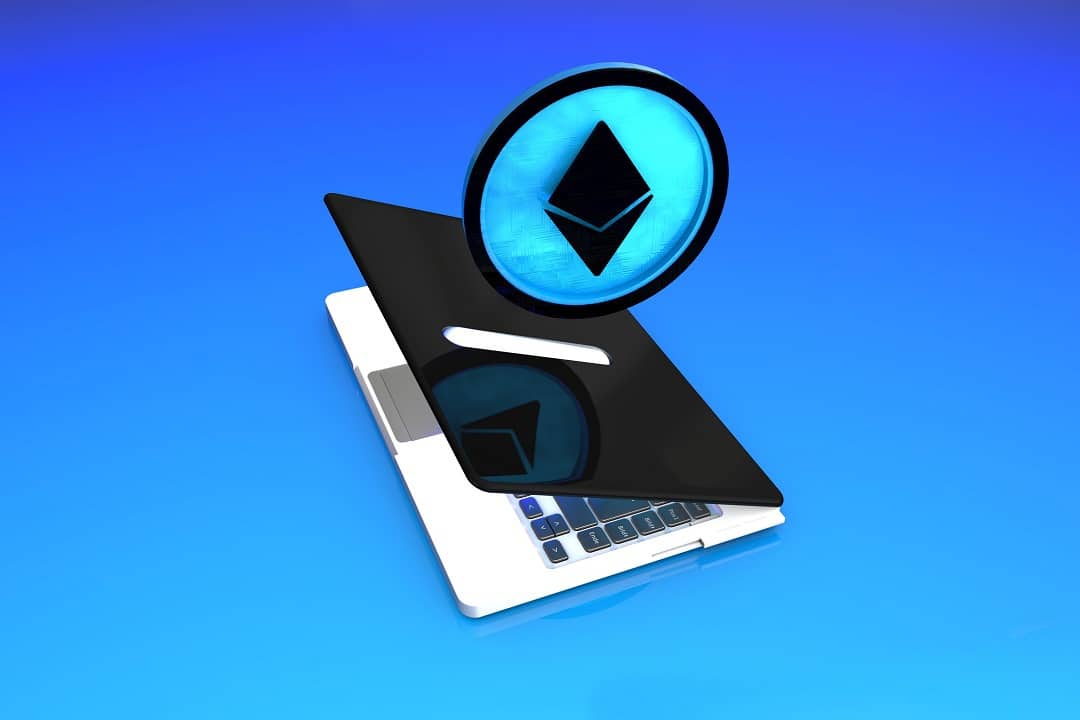What are smart contracts? How do they work? They are spoken about daily in the blockchain space. Smart contracts are proper blockchain-based software. They are a peer-to-peer system that distributes data among all users on the network. The main platform that allows the creation of smart contracts is Ethereum.
The aim of these smart contracts is to simplify bureaucracy by protecting the parties involved and ensuring the integrity of data and information. A smart contract is based on conditions and clauses: a contract is activated when the real situations correspond to the predefined conditions and clauses.
The contract works automatically, without the need for human intermediaries. There are many advantages to this solution and it is possible to identify some key ones:
- Independence: no need for intermediaries;
- Saving: lowering costs;
- Security: immune to attacks, protected by encryption;
- Accuracy: they avoid errors.
Smart contracts on Ethereum
Ethereum, which has just celebrated its fifth birthday, has become the blockchain of reference for the creation of smart contracts, which today amount to over 200,000.
Noteworthy are also the numerous platforms and services that have been created to facilitate the development of applications for the network created by Buterin. Not only that, there are millions of ICOs and non-fungible tokens, the so-called ERC721.
Ether is the virtual unit of measurement of the currency and serves both as a cryptocurrency and as a power generator. In order to function, smart contracts must necessarily pay for the use of the network’s computing power using this virtual currency.
Ethereum is not only a network for value transfer, like bitcoin for example, but a network that allows running specific contracts. They can be used in a secure way to perform numerous operations: financial, registration of domains, electoral systems, crowdfunding and much more.
What really makes Ethereum extraordinary is its ability to notarize the status of a virtual machine. Thanks to Ethereum, by means of a programming language with a syntax similar to the most common languages, it is possible to access a virtual machine that executes them and which is maintained by the network itself.
The network takes a snapshot of its status over time on the Ethereum blockchain. In this way, it is possible to always check the correct execution of the contract among the parties. This allows Ethereum to create zero trust contracts that bitcoin cannot provide.
Smart contracts are obviously not free of problems. What happens in case of a bug? What should states and governments do to regulate this type of contract? Should they be taxed?
In case of an error, a traditional contract can be cancelled in court, whereas the blockchain presents a different scenario and the contract is executed regardless. There are obviously experts and developers trying to provide solutions: it is a technology that is constantly evolving.




